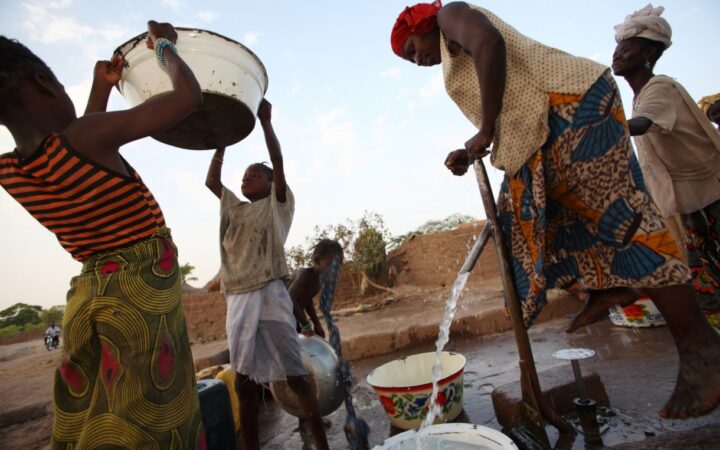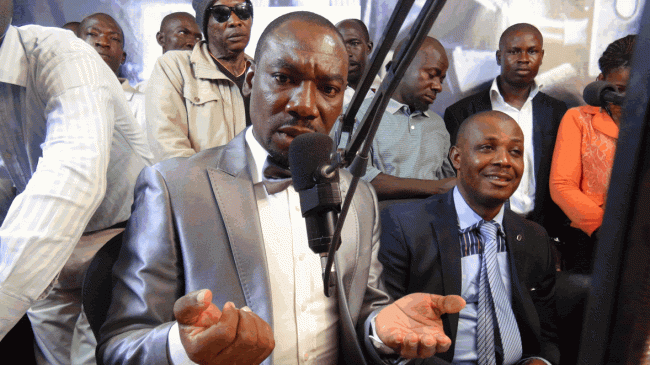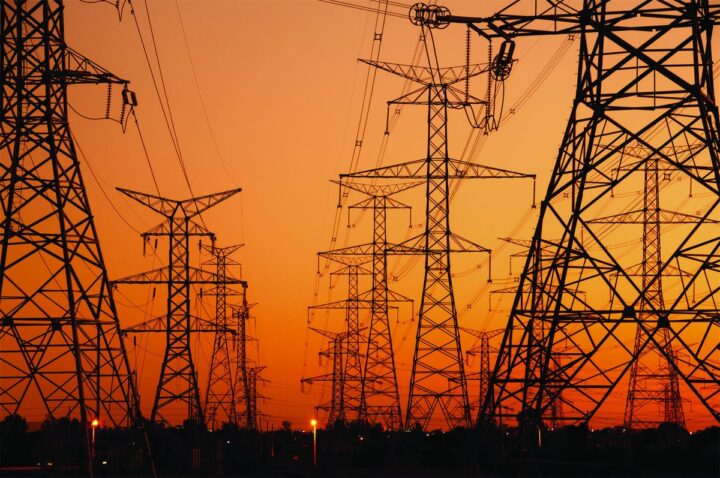The World Bank has approved $700 million credit facility that will provide six million people with basic drinking water services and 1.4 million people access to improved sanitation services.
In a statement, the World Bank said it gave the credit approval for the Nigeria Sustainable Urban and Rural Water Supply, Sanitation and Hygiene Programme (SURWASH).
According to a release, the approval was granted on May 25, and the credit facility will also help deliver improved Water, Sanitation and Hygiene (WASH) services to 2,000 schools and health care facilities, and assist 500 communities to achieve open defecation-free status.
These will be implemented as part of the federal government’s national action plan (NAP) for the recovery of Nigeria’s water supply, sanitation and hygiene sector.
Advertisement
“In 2019, approximately 60 million Nigerians were living without access to basic drinking water services, 80 million without access to improved sanitation facilities, and 167 million without access to a basic hand washing facility,” the statement read.
“In rural areas, 39 per cent of households lack access to at least basic water supply services, while only half have access to improved sanitation and almost a third (29 per cent) practice open defecation, a fraction that has marginally changed since 1990.
“Specifically, the programme will support the development of infrastructure to improve water supply service delivery, sanitation and hygiene in institutions (schools and healthcare facilities) and public places such as markets, motor parks and others.”
Advertisement
The Bank said the programme will support NAP and also the ‘Clean Nigeria; Use the Toilet’ campaign which aims to make Nigeria free of open defecation by 2025.
Shubham Chaudhuri, World Bank country director for Nigeria, said the programme’s centrality to the human capital agenda and its potential to influence key human capital outcomes cannot be overemphasised.
He said this is because access to WASH is an important determinant of human capital outcomes, including early childhood survival, nutrition, health, learning and women’s empowerment — all of which in turn affects labour productivity and efficiency.
“Participating states will be able to improve access to safe water, sanitation and hygiene. This will help to keep more girls in school, create employment and reduce open defecation, while developing greater resilience to the impact of climate change and conflicts between different land and water users,” he added.
Advertisement
The SURWASH programme will also support the federal government to enact necessary policy reforms and usher incentives for state and local governments, service providers, technical assistance providers, and community-based organisations to effectively deliver sustainable services in the sector.
Add a comment






